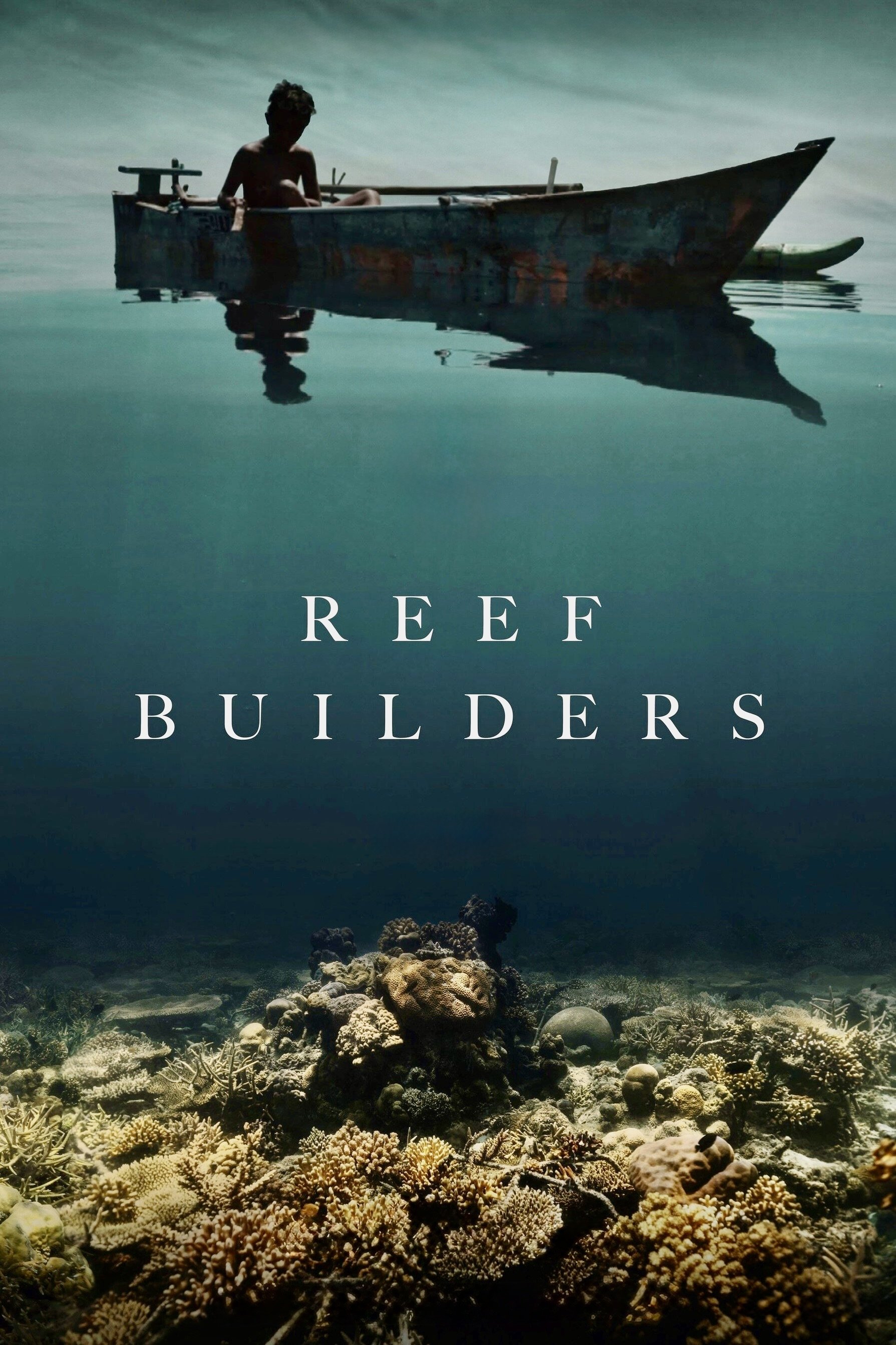
"Reef Builders" tells the true stories of people involved in the Sheba Hope Grows program, leading major restorations to save the world’s coral reefs in the face of climate change.
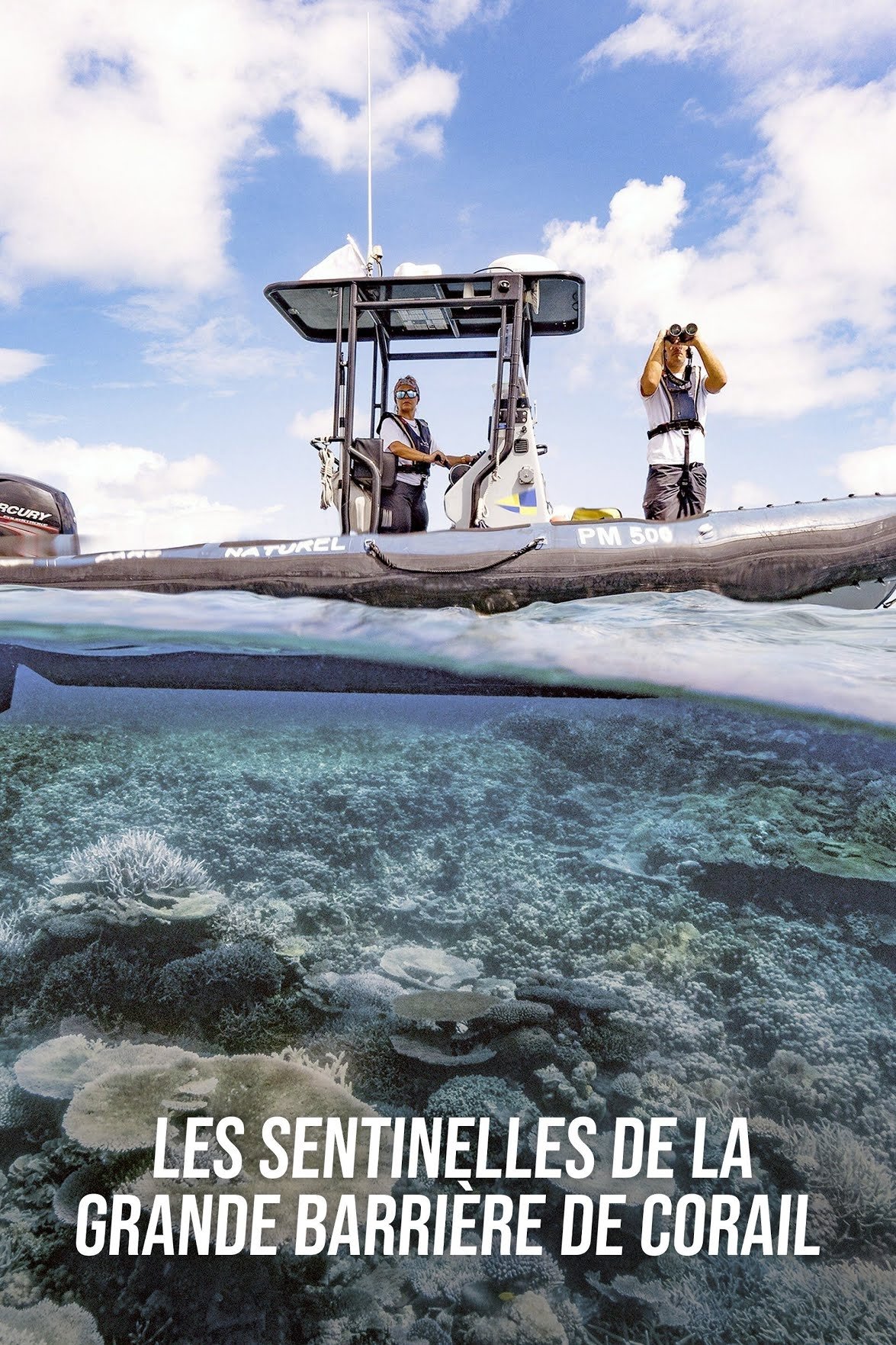
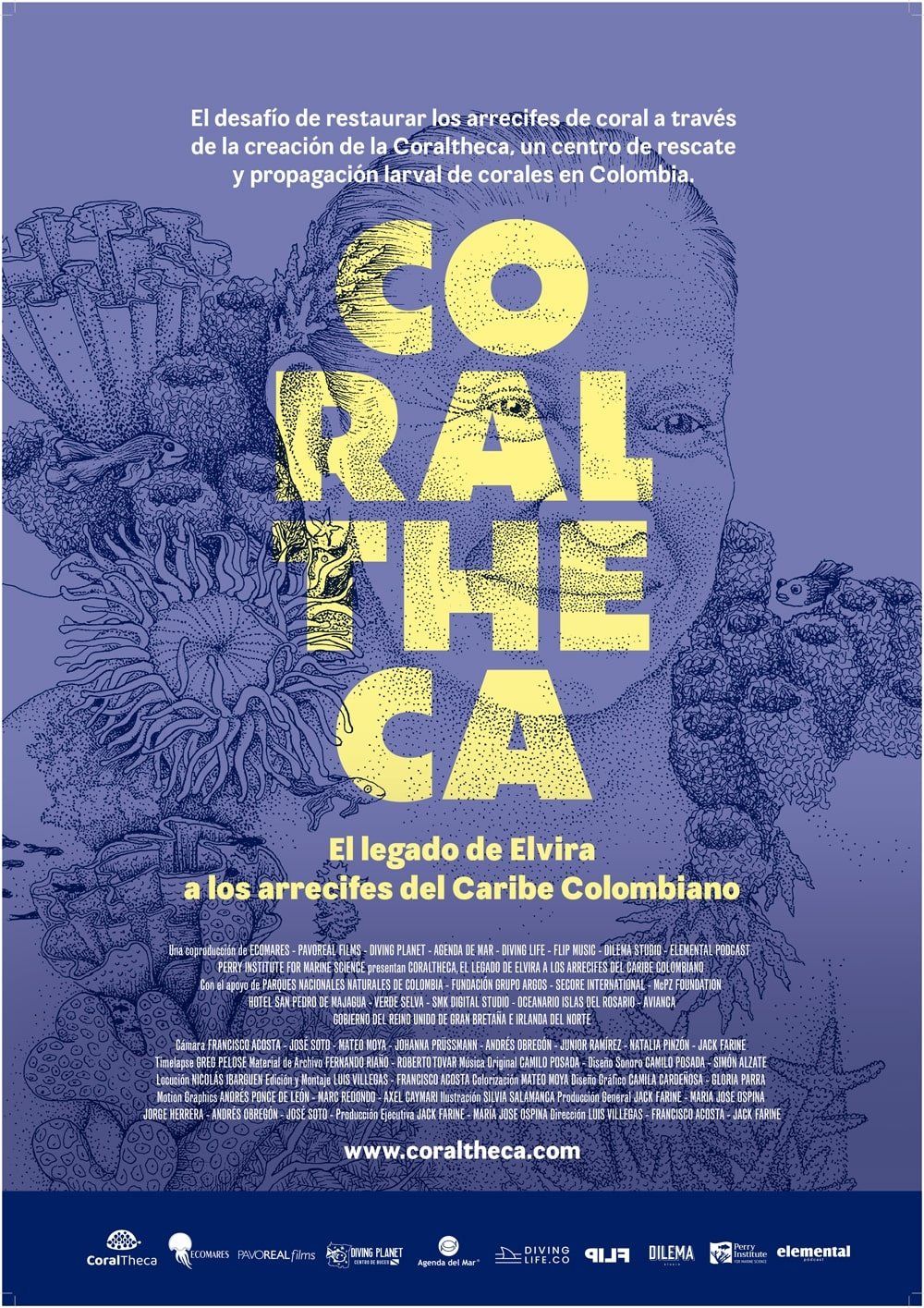

A group of families on a tropical holiday discover that the secluded beach where they are staying is somehow causing them to age rapidly – reducing their entire lives into a single day.

David Attenborough and scientist Johan Rockström examine Earth's biodiversity collapse and how this crisis can still be averted.
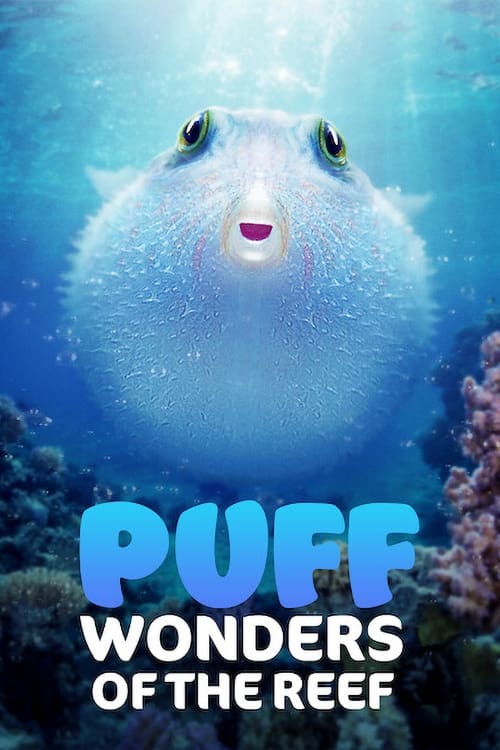
A baby pufferfish travels through a wondrous microworld full of fantastical creatures as he searches for a home on the Great Barrier Reef.
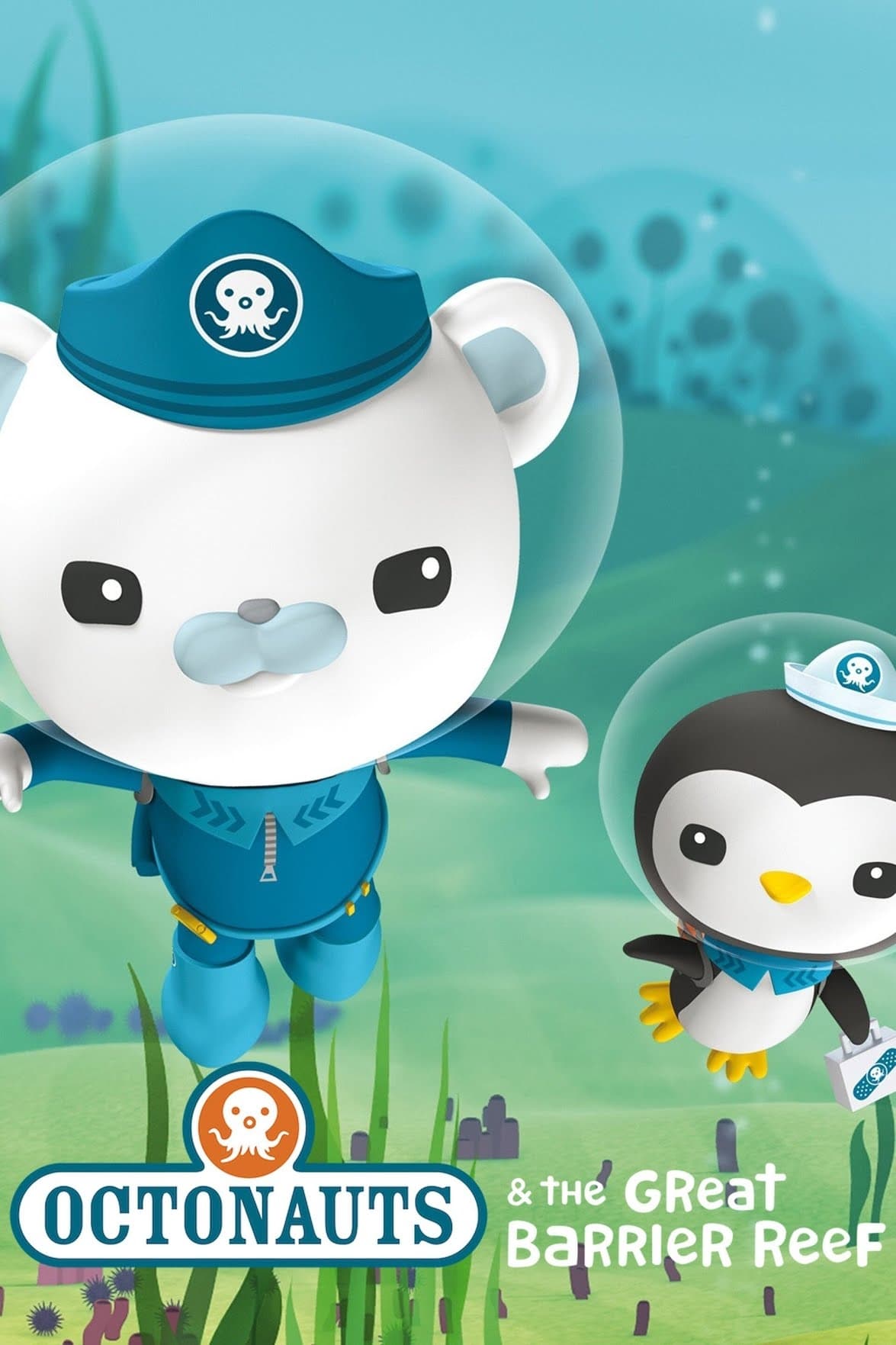
In this musical special, the Octonauts must find a way to hold back hungry swarms of coral-eating starfish to save a new friend's fragile reef home.
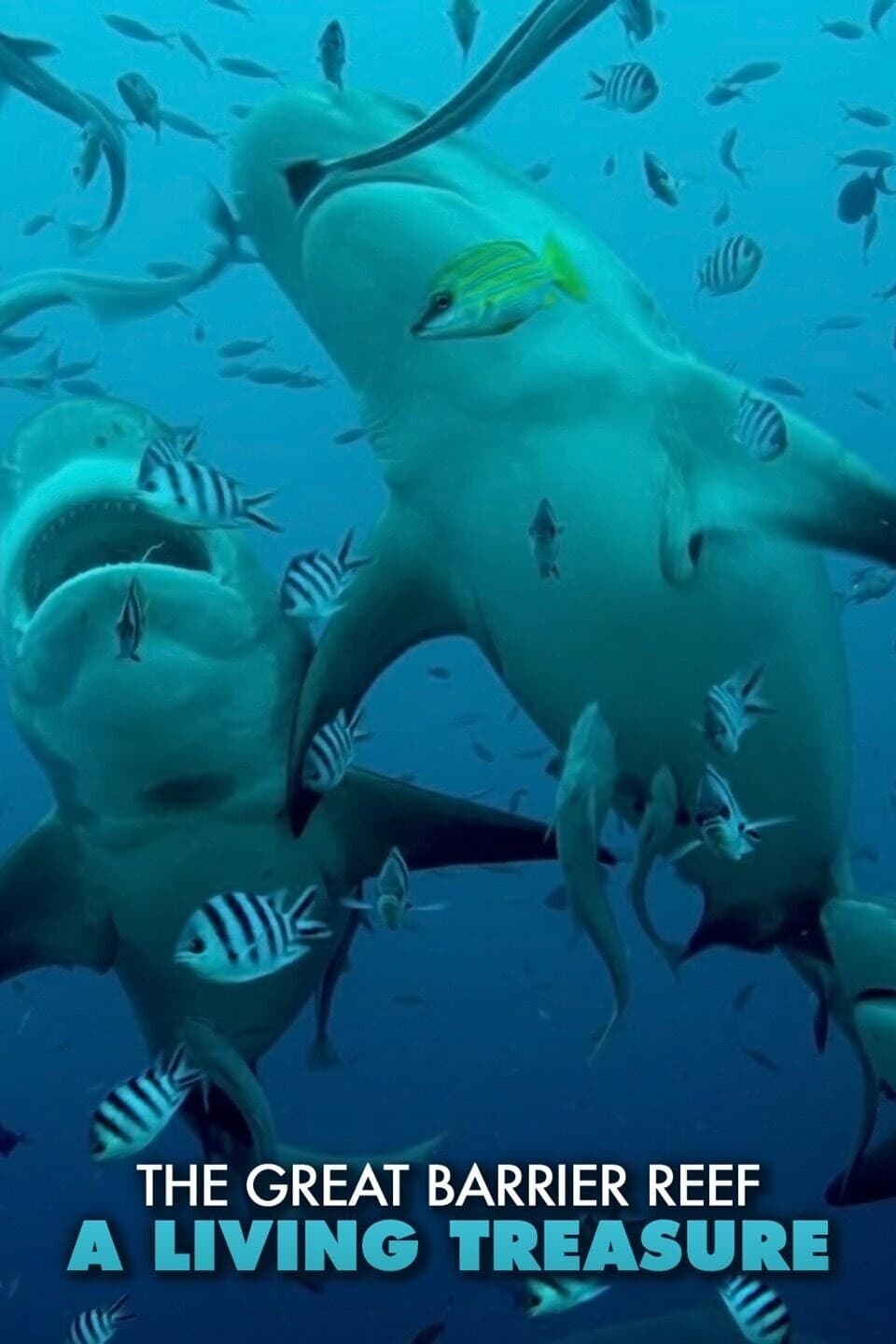
The Great Barrier Reef is a living, breathing organism supporting the richest, most complex ecosystem on the planet.
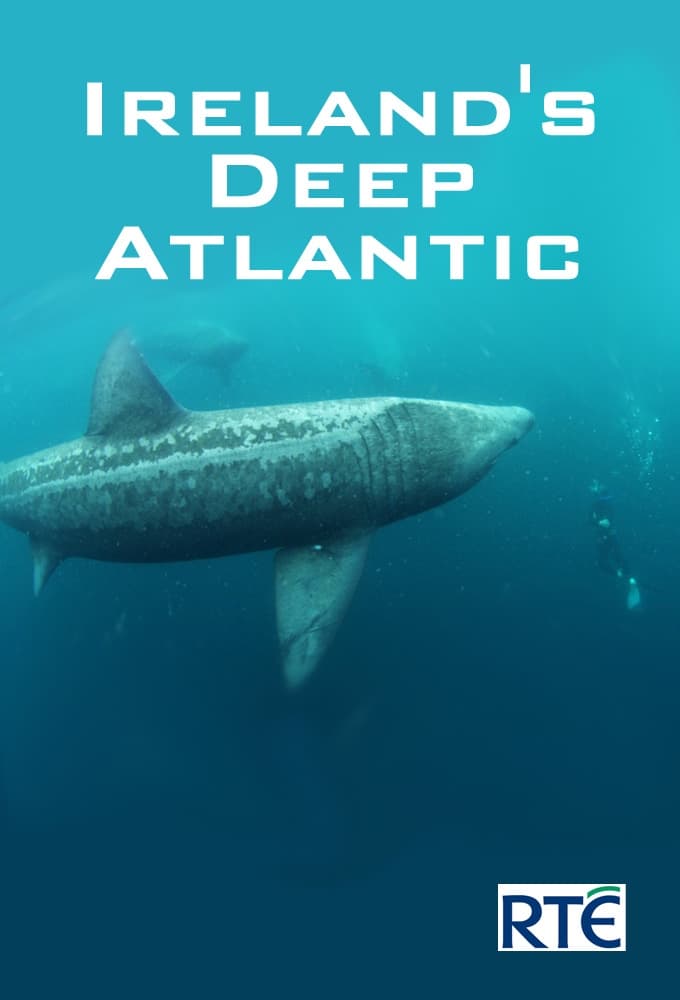
Ireland’s Deep Atlantic sees underwater cameraman Ken O’Sullivan embark on a series of voyages out into the open North Atlantic in search of large whales, sharks and cold water coral reefs 3,000 down on Ireland’s deep sea bed. The two-part series will document many of these creatures’ behaviour for the first time in any TV programme and investigate the health of our deep Atlantic waters.
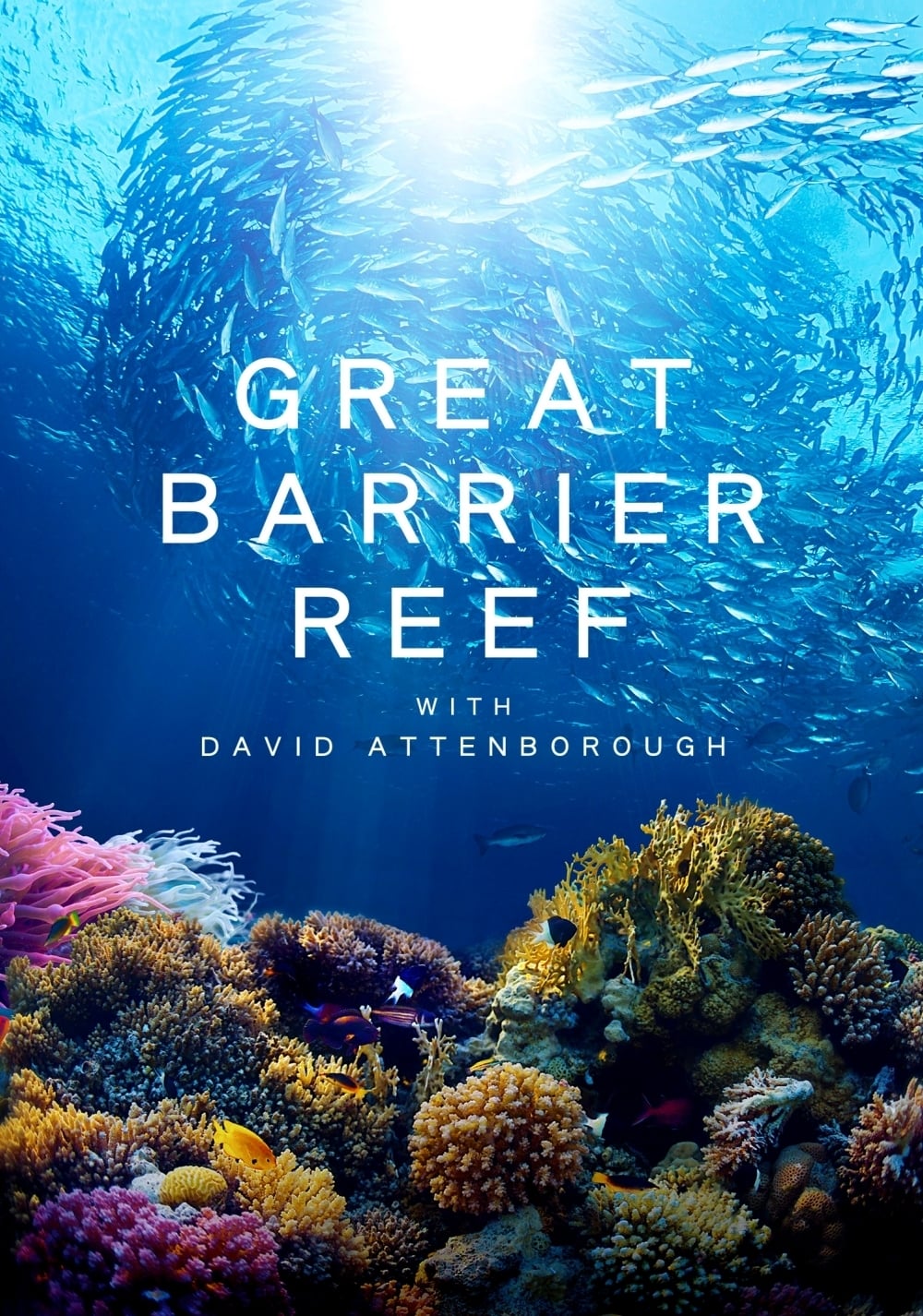
Following his visit to the Great Barrier Reef in 1957, naturalist and broadcaster David Attenborough returns and uses the latest filming techniques to unlock the secrets of the natural wonder.
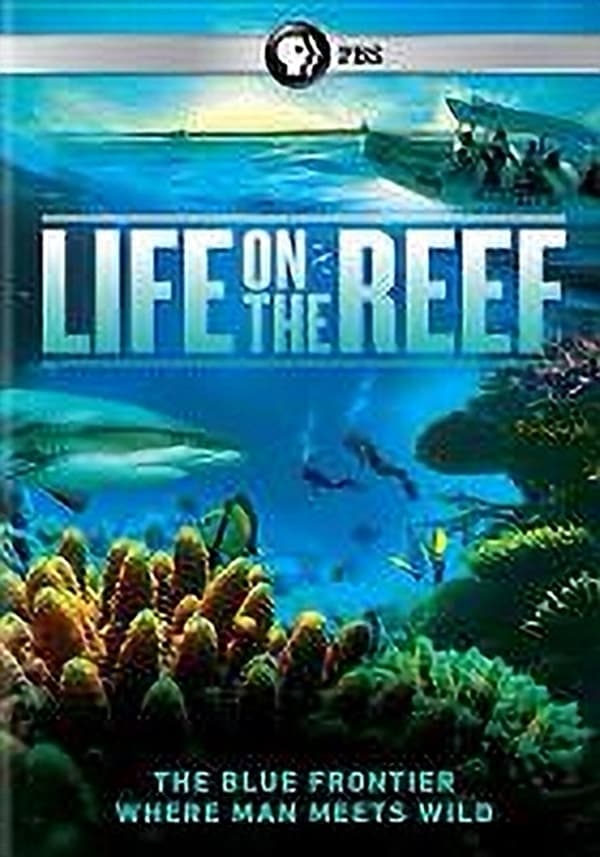
Filmed over the course of a year, this three-part documentary follows those who live in one of the most extraordinary places on the planet, Australia's Great Barrier Reef.
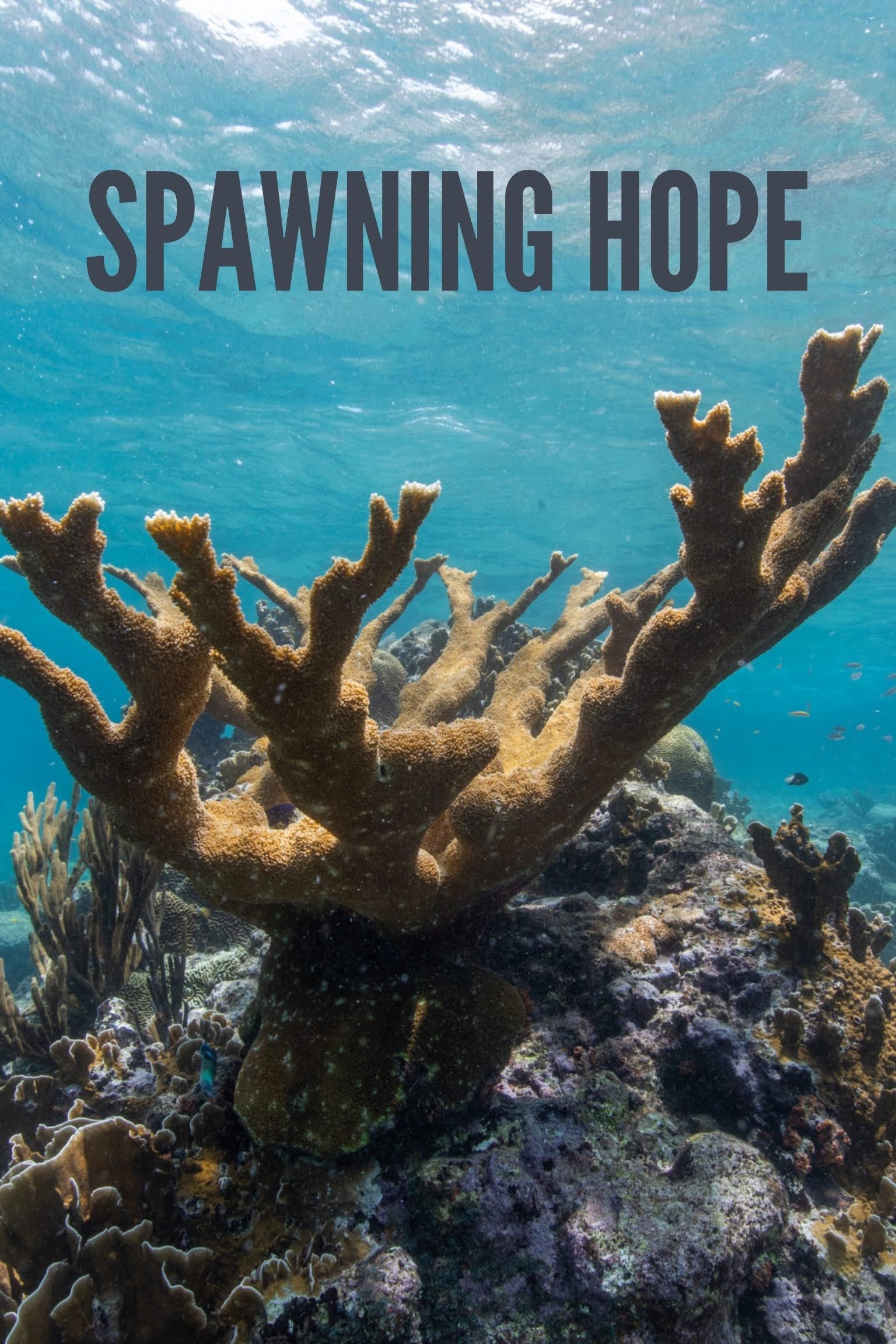
Coral biologists are concerned about the genetic health of many endangered coral. This short film follows a team of Smithsonian scientists as they attempt to use cryopreserved coral sperm to introduce DNA to new populations of elkhorn coral. If this technique works, it could have lasting impacts on how we are able to protect and restore endangered coral species from near extinction.
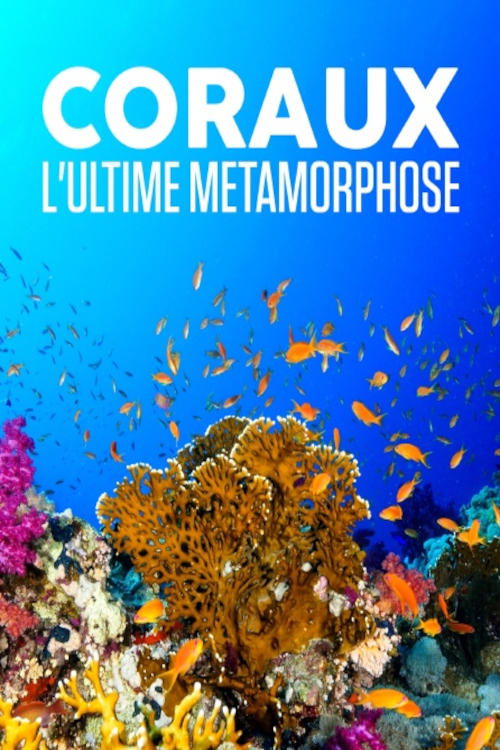
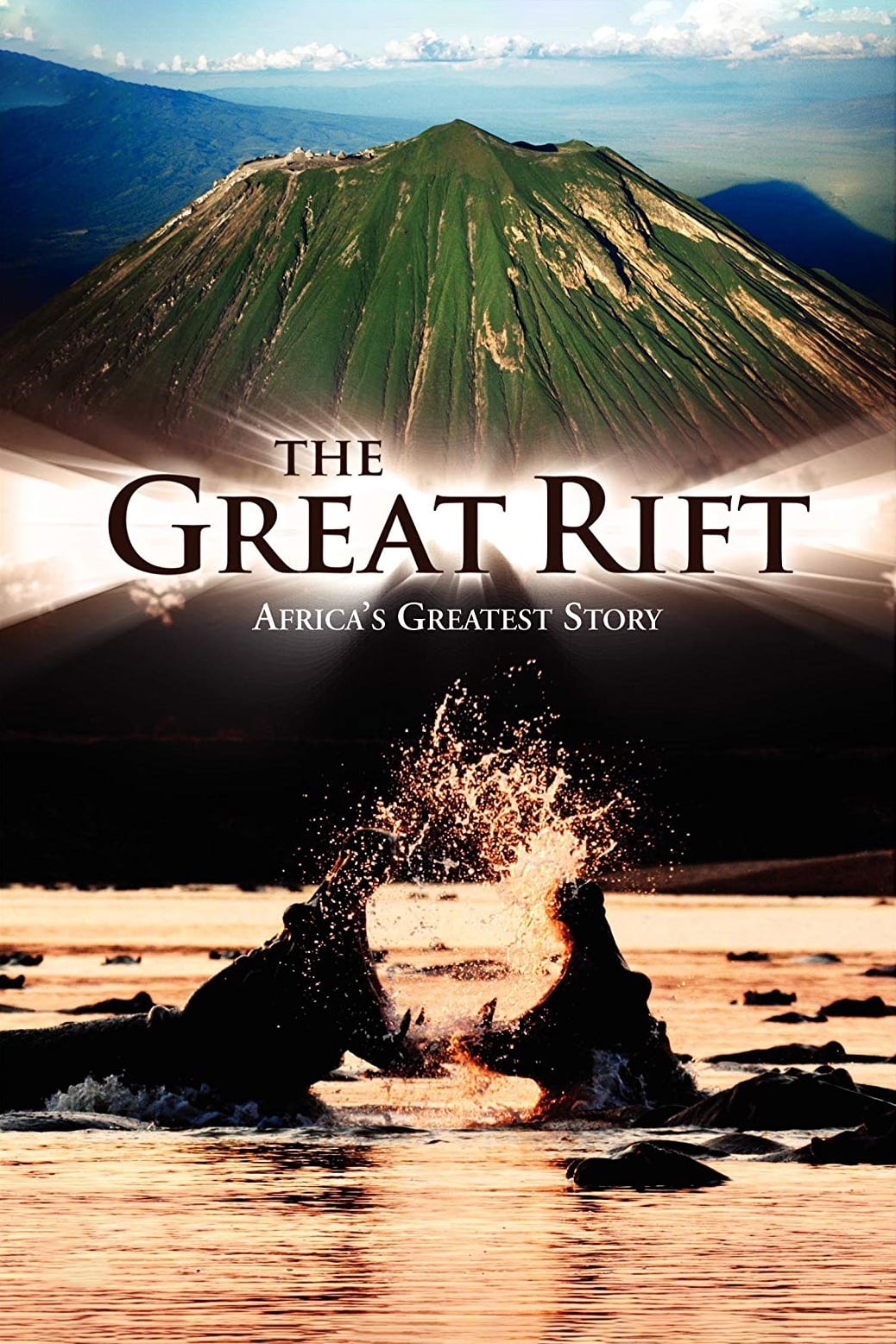
A BBC/Animal Planet co-production, the three-part series focuses on the landscape and wildlife of the Great Rift Valley in East Africa.
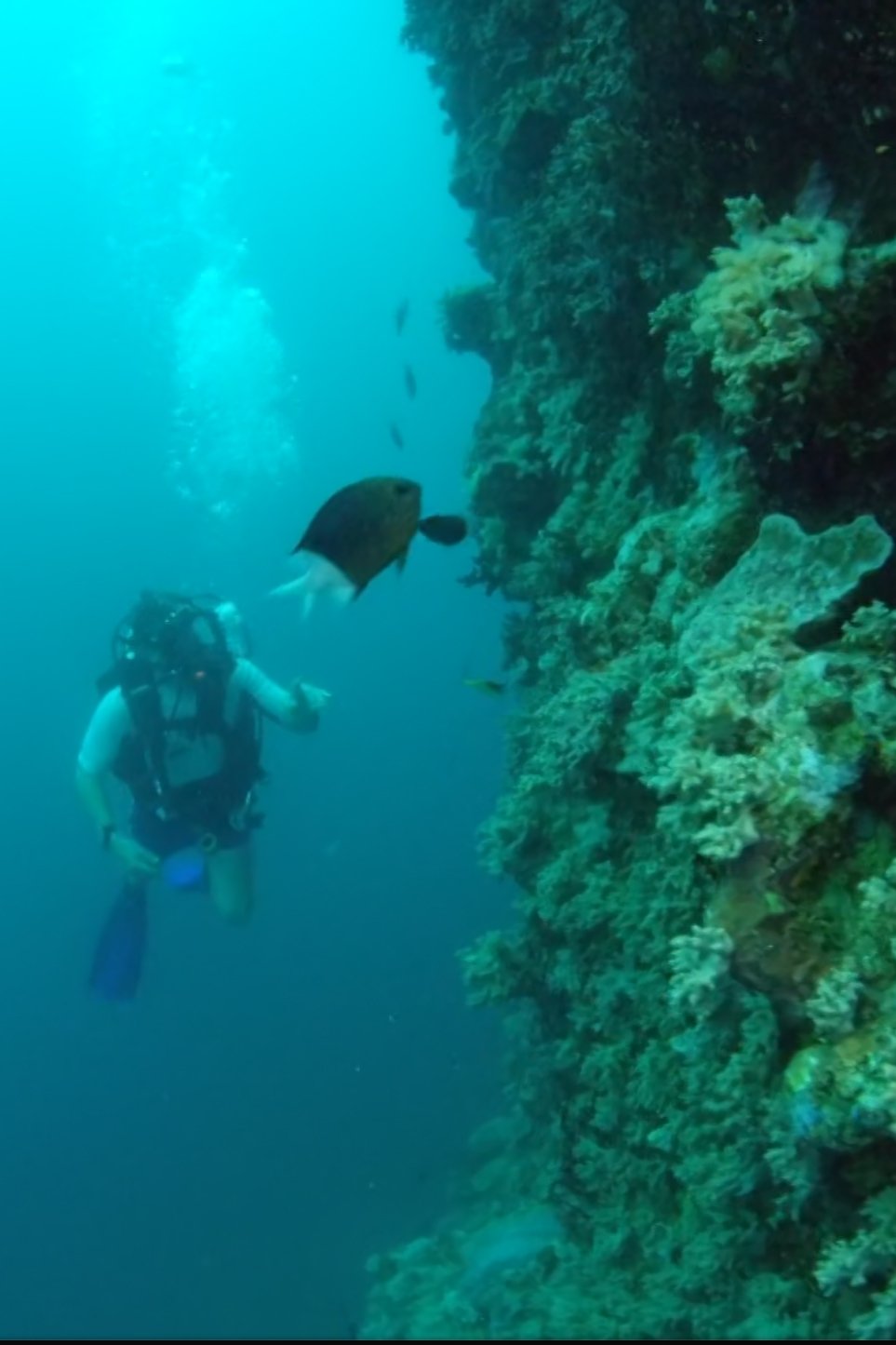
On the other side of the world under the crystal clear blue waters of the Pacific Ocean lies one of the most enchanting places on the planet. Over ten thousand miles away on the north eastern coast of Australia lies the Great Barrier Reef, one of the natural wonders of our world. It provides shelter to some hidden wildlife sanctuaries that contain some magical marine creatures. Invited on a reef adventure by Emmy Award-winning underwater cinematographer and marine biologist Richard Fitzpatrick, conservationist and naturalist Iolo Williams dives deep beneath the surface of the coral sea to discover what state this natural wonder is in. Together they travel from the extreme swells of the northern part of the reef right down to the cooler pristine corals of the south. They discover how healthy the Great Barrier Reef really is in some of its key locations to see and find out if there are real signs of hope the reef can survive the threat of global warming.
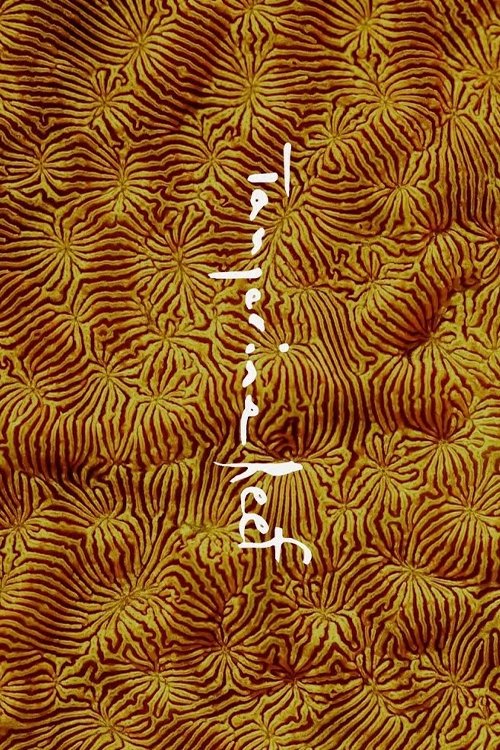
Tangerine Reef is a visual tone poem consisting of time-lapse and slow pans across surreal aquascapes of naturally fluorescent coral and cameos by alien-like reef creatures.
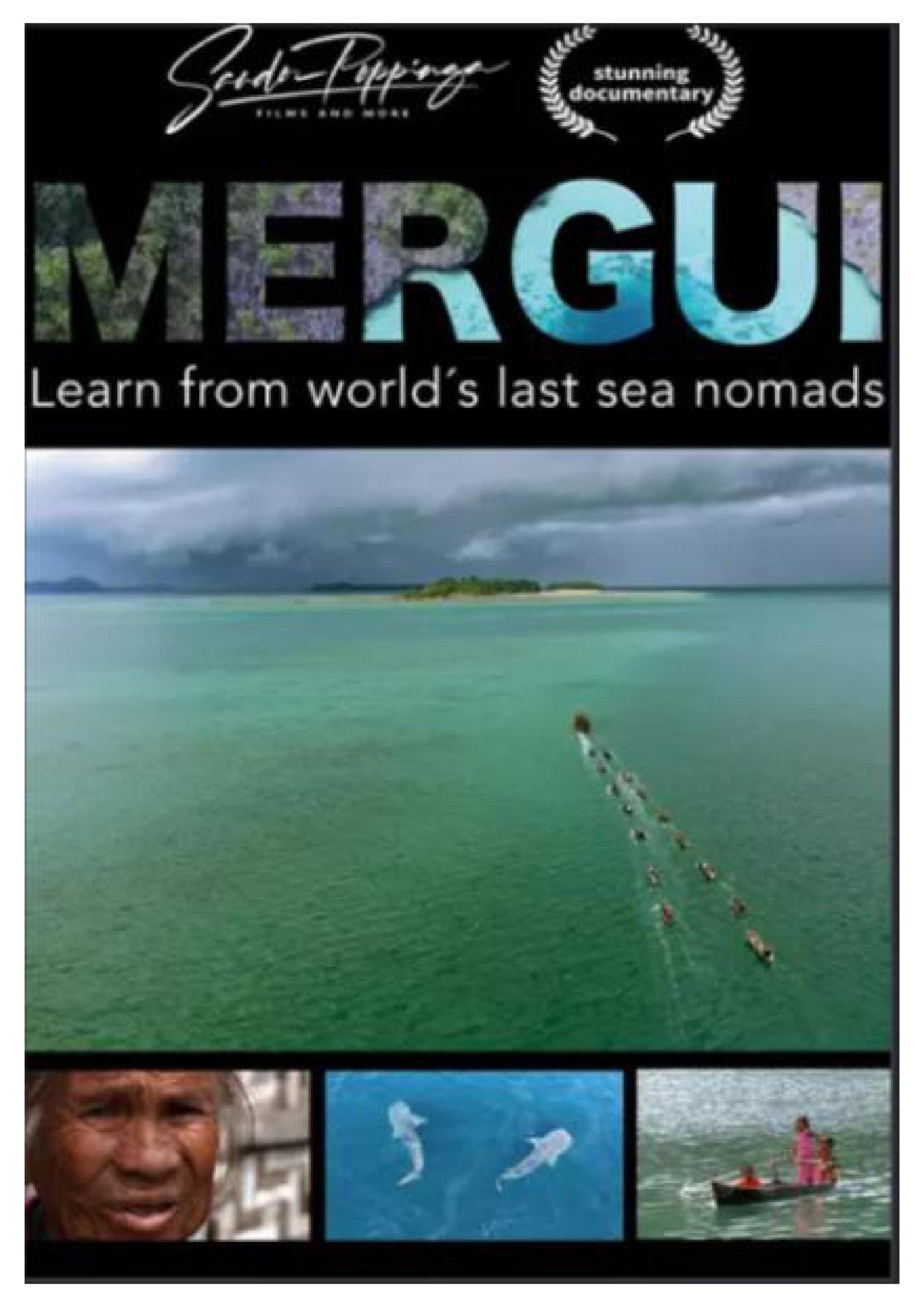
Using nature shots with narration and a musical score, this documentary tells the story about the Moken, Myanmar's last sea nomads.
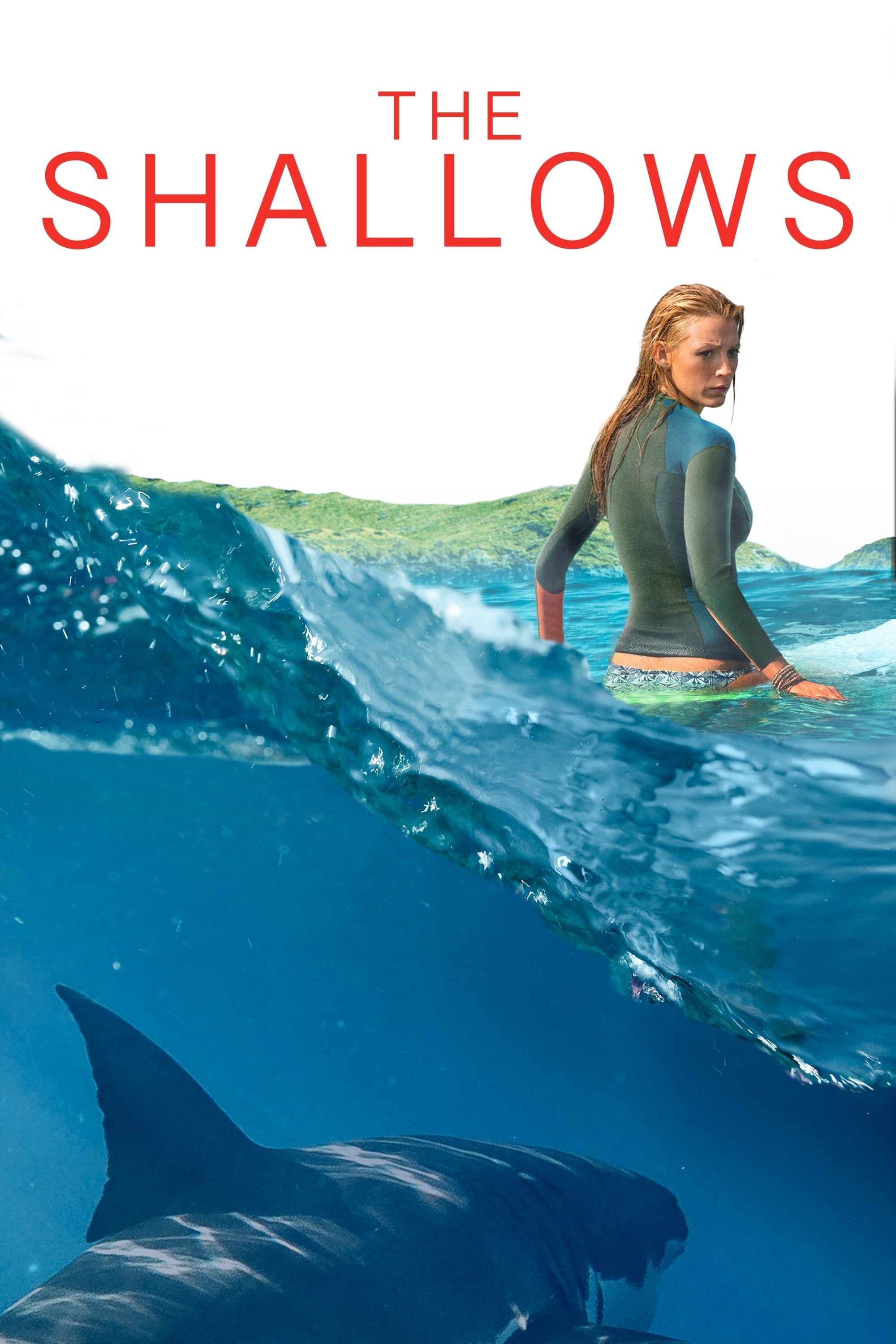
While surfing on a secluded beach, Nancy finds herself in the feeding grounds of a great white shark. Though stranded only 200 yards from shore, survival proves to be the ultimate test of wills, requiring all of her ingenuity, resourcefulness, and fortitude.
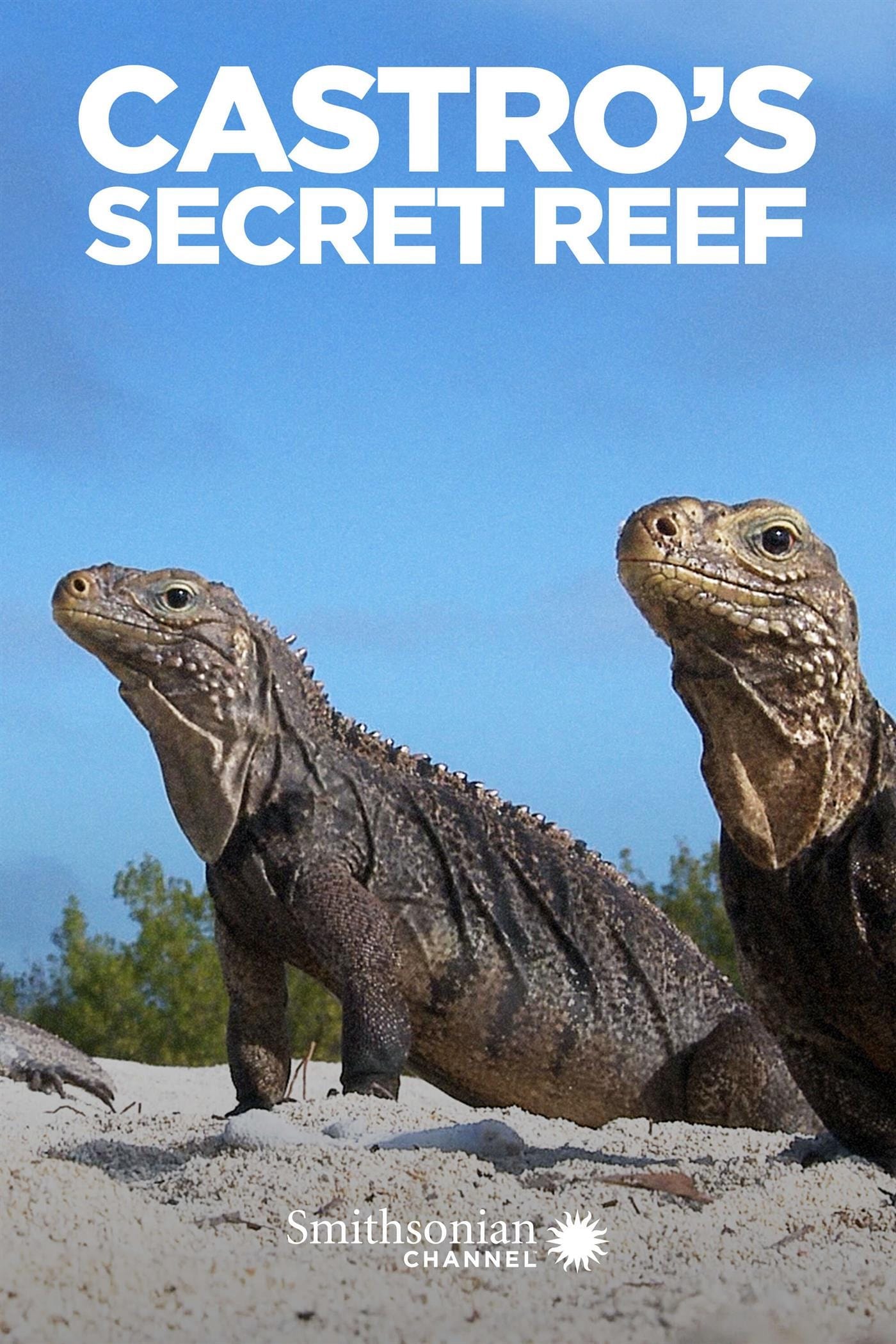
Cuba's enforced isolation has resulted in the unlikeliest of marine reserves: a huge, rambling archipelago known as Jardines de la Reina, or "Gardens of the Queen." Stretching around 140 miles along the southern coast of Cuba, it's one of the longest barrier reef systems in the world. Get an up-close look at Fidel Castro's diving playground, a forgotten ocean paradise unseen for half a century, and witness exotic species rarely seen elsewhere in the region. It's the lost jewel of the Caribbean, but how long can this pristine wilderness survive?
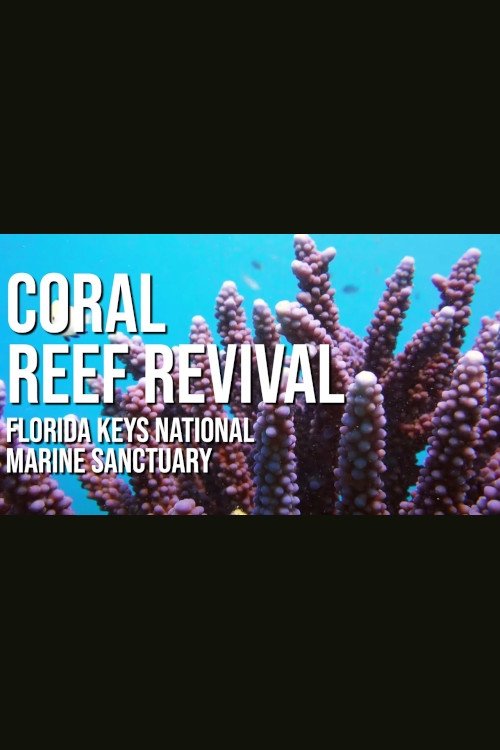
In recent decades, humans have lost 25 to 40 percent of the world's corals due to seawater temperature rise and ocean acidification. Dr David Vaughan has been studying corals his whole life, but until eight years ago, could only watch the crisis unfold. After an accident one day in the lab, Vaughan discovered a secret of coral reproduction, and is now working to replant dwindling coral reefs at an astonishing rate. The Atlantic visited Dr Vaughan in the Florida Keys to uncover how the process works and understand how much hope there is to revitalize our reefs.
In this six-part series Ron and Valerie Taylor travel in the underwater world showing the special relationship Valerie has developed with the creatures of the blue wilderness. Now she fights for the future of these creatures.
By browsing this website, you accept our cookies policy.